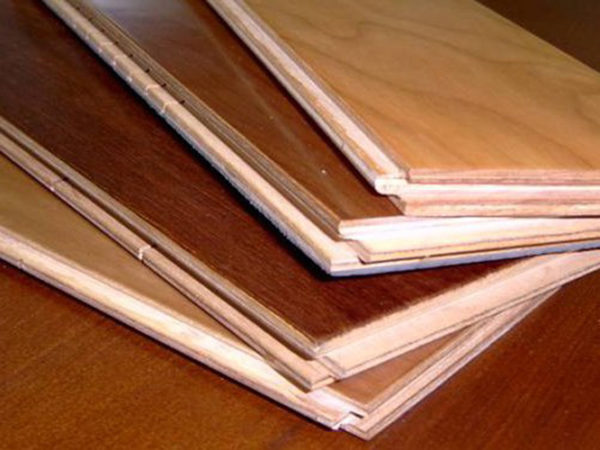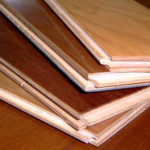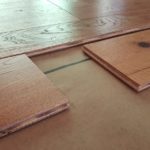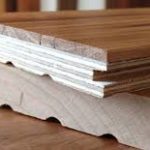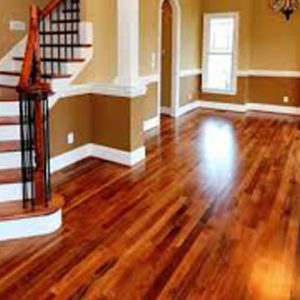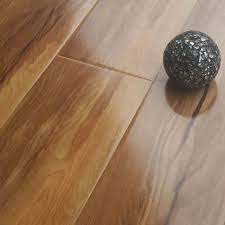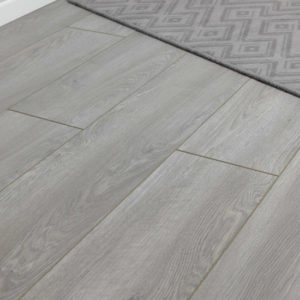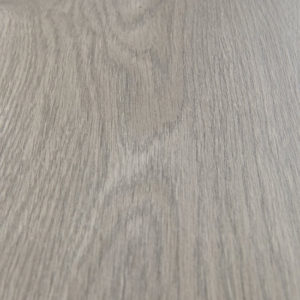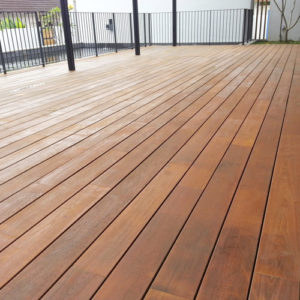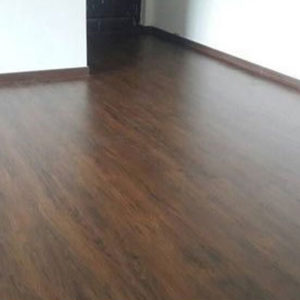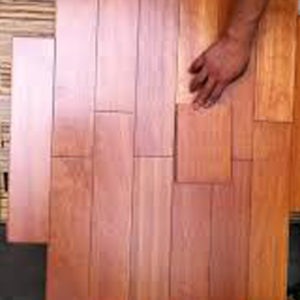Durable Engineer Wood
ADVANTAGES:
:FAST INSTALLATION
:NO SANDING
:IMPROVED HUMIDITY PROTECTION
:GREATER STABILITY
:GREAT FOR residential and commercial
:1/2 THE COST OF REAL WOOD.
Description
Engineered wood, also called mass timber, composite wood, man-made wood, or manufactured board, includes a range of derivative wood products which are manufactured by binding or fixing the strands, particles, fibres, or veneers or boards of wood, together with adhesives, or other methods of fixation[1] to form composite material. The panels vary in size but can range upwards of 64 by 8 feet (19.5 by 2.4 m) and in the case of cross-laminated timber (CLT) can be of any thickness from a few inches to 16 inches or more. [2] These products are engineered to precise design specifications, which are tested to meet national or international standards and provide uniformity and predictability in their structural performance. Engineered wood products are used in a variety of applications, from home construction to commercial buildings to industrial products.[3] The products can be used for joists and beams that replace steel in many building projects.[4] The term mass timber describes a group of building materials that can replace concrete assemblies.[5] Broad-base adoption of mass timber and their substitution for steel and concrete in new mid-rise construction projects over the next few decades has the potential of turning timber buildings into a global carbon sink, which could help mitigate climate change.[6]


